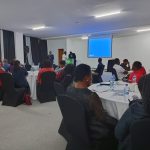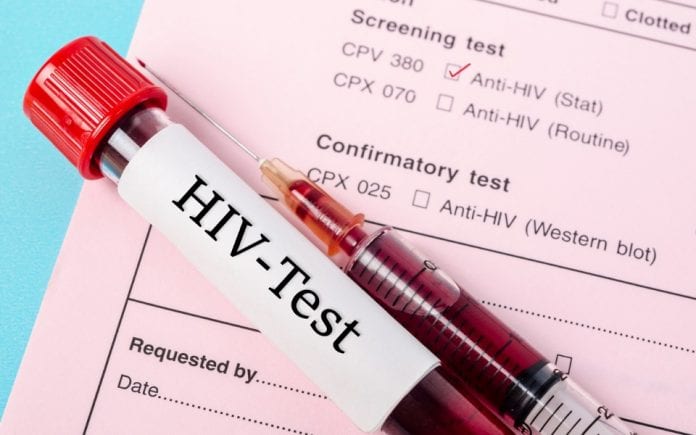Data from the National Aids Control Council (NACC) released on Monday revealed that children of school-going age form the biggest bulk of new HIV infections.
Records from NACC indicate that 21,404 new infections were recorded within the age bracket of schoolchildren.
The number accounts for more than half the total number of new infections recorded in the whole country over the last year.
Cumulatively, NACC data shows that a total 41,728 new HIV cases were recorded this year, 25,062 of them being female and 16,666 male. Those aged 15 years and above recorded 34,610 new infections, with 6,806 cases documented among children aged 14 years or below.
The top 10 counties with the highest numbers of new infections this year include Kisumu, Nairobi, Siaya, Homa Bay, Migori, Nakuru, Mombasa, Kisii, Kakamega and Kiambu. Overall, there are 1.5 million HIV infections this year, with 20,997 deaths.
Accounting for about 20 per cent, nearly 500,000 of the infected adults are not on antiretroviral therapy (ART). Some 72,968 infected children, accounting for 30 per cent of HIV positive children, are yet to be put on ART.
Finer details show that among school-going age brackets, 6,247 new infections were recorded among children aged 15-19 years.
Of these new infections, 5,254 are girls and 993 boys. This age bracket mainly constitutes primary and secondary school children. Another 8,191 new HIV infections were recorded among youth aged 20-24 years.
The majority – 5,166 – are girls, while 3,014 are boys. Most of these are students in universities and colleges.
And for those aged between 25 and 29, a total 6,976 new infections were reported. Of these, 3,911 are girls and another 3,065 boys.
The data further shows that a total of 12,923 new infections were recorded among Kenyans of ages 30 to 60.
This category that forms 32 per cent of the total new infections form the active working groups until the retirement age of 60 years.
Another 593 new infections were recorded among Kenyans aged between 61 and 79.
What is however shocking is the revelation on new HIV infections in the age brackets of schoolchildren. With many blaming parents for abdicating their duty, reports of children engaging in alcohol and sex parties have dominated news in the recent past,
And with the prolonged school closures, the cases of new infections might rise, as most parents have been unable to control their children.
Primary and high school teachers yesterday admitted that civic education and sensitisation initiatives on the disease had reduced in some institutions.
“Generally Kenyans dropped their guard and thought that this disease had subsided, and this has led to many new infections rising among children,” said Kahi Indimuli, Kenya Secondary School Heads Association national chairman.
He said parents also shared in the fault, as most of them no longer advise children on abstinence.
Education activist Muthoni Ouko, however, said the stay at home had been long, noting that this might have contributed to a big part of the infections.
“Parents have to work to fend for their families and in the process, they may not always monitor their children’s movements and this is the lapse that leads to infections and social ills,” said Muthoni.
“Parents seem to have left everything to teachers and this has exposed the children to these infections,” said Mr Indimuli.
Kenya Primary School Head Teachers Association Chairman Nicholas Gathemia had this to say
“Children are spending more time at home now and so if some schools also relax the practice, then children are exposed,”
National Parents Association Chair Nicholas Maiyo said parents might have abdicated their roles.
“If you see the premature pregnancy cases going up, it goes along with infections such as HIV. Children are generally safer in schools than at home. There are supervised programmes at school but at home when parents or guardians are away no one supervises these children.” Mr Maiyo said






















